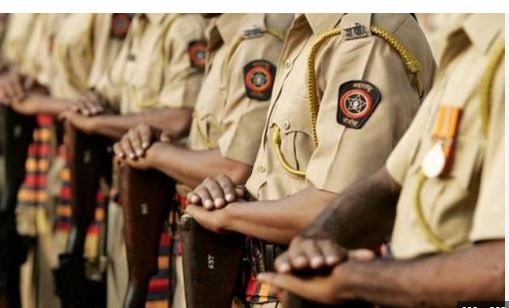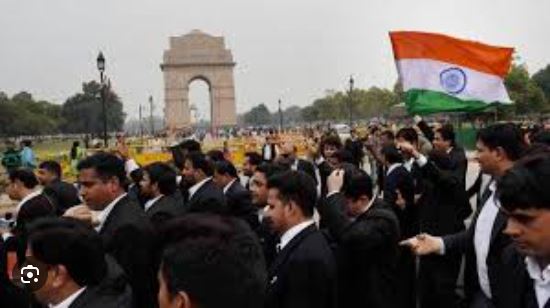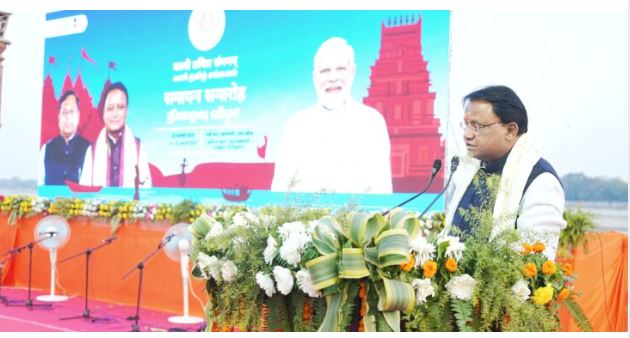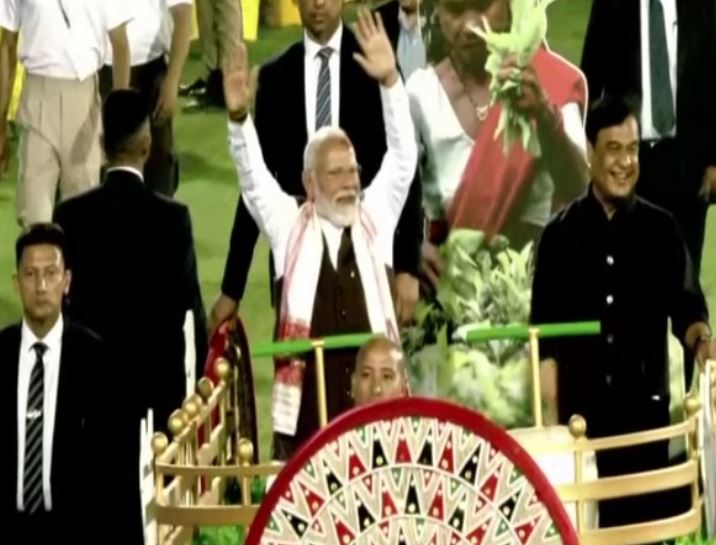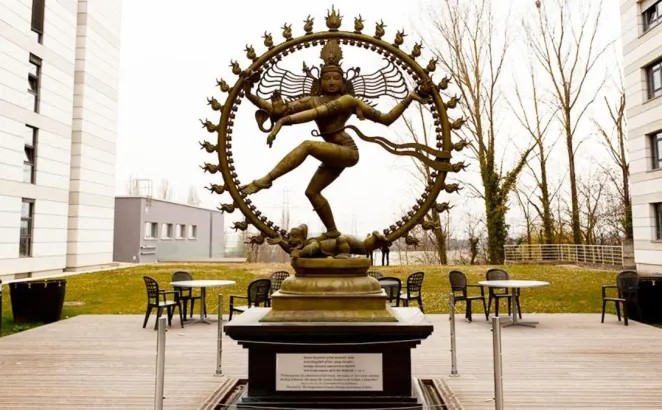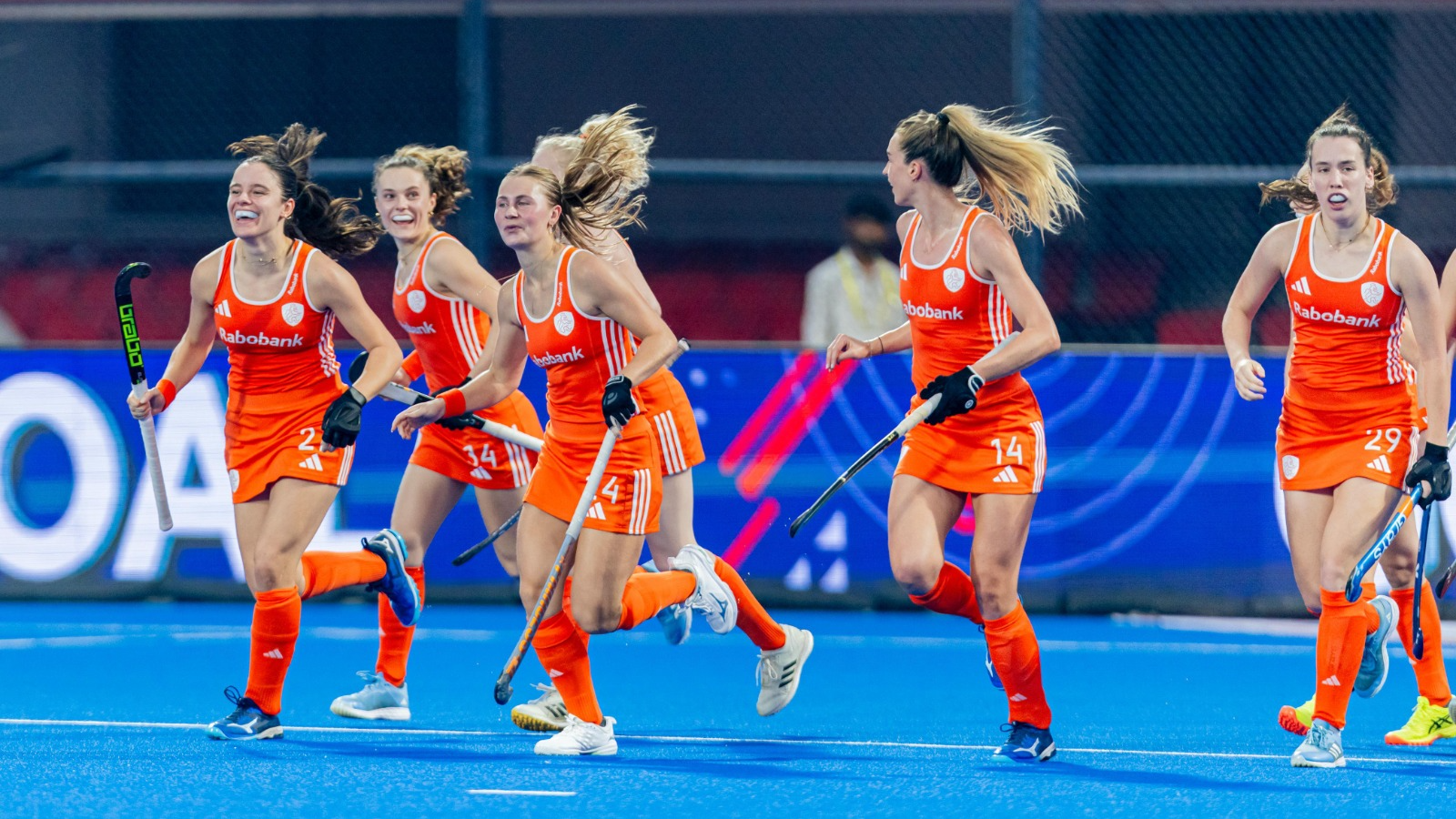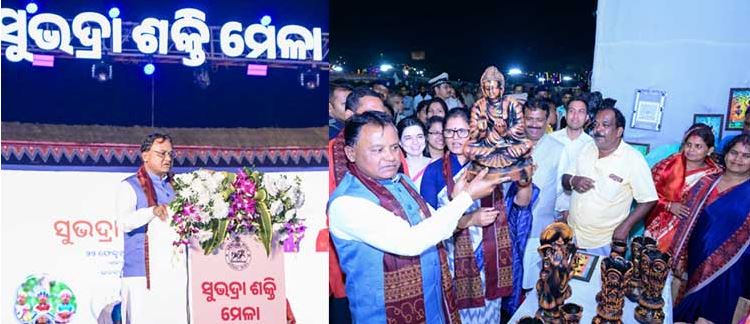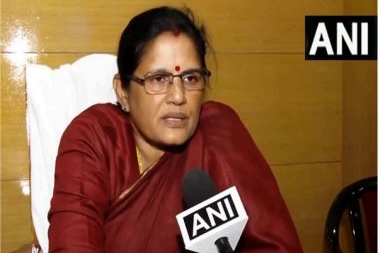By PRADEEP KUMAR SUBUDHI
Bhubaneswar, February 24: The term "police power" in India, as defined by the Police Act of 1861, refers to the authority granted to police officers to ensure public safety, maintain law and order, prevent crime, investigate offenses, and apprehend criminals.
The Act places the overall supervision of the police force under the control of the State Government, executed through the Inspector General of Police (IGP) and other designated officers within the police hierarchy. This law empowers the police to act within the bounds of the law to safeguard public security.
Key Provisions of the Police Act of 1861:
State Government Control: The State Government holds the ultimate authority over the police force, allowing it to direct and restrict the actions of police officers as necessary.
Inspector General's Administration: The Inspector General of Police manages the day-to-day functioning of the police force, ensuring that all police operations are properly overseen and executed.
Powers to Arrest and Investigate: Police officers are authorized to arrest individuals suspected of committing crimes, conduct searches, and collect evidence following the law.
Maintaining Public Order: A critical responsibility of the police is to prevent public disturbances, control crowds, and act quickly in situations that threaten peace.
Reporting to Magistrates: Police officers have the authority to bring cases before a Magistrate, seeking legal processes like warrants or summons to initiate actions against those accused of crimes.
Important Sections of the Police Act of 1861:
Section 31: Empowers police officers to maintain order in public spaces such as roads, streets, and ghats.
Section 100: Details the circumstances under which a police officer can arrest someone without a warrant.
Section 165: Lays out the procedures for police officers to conduct searches and seizures.
A Crucial Aspect of the Police Act:
A fundamental principle outlined by the Police Act of 1861 is that police officers are never considered "off-duty." Regardless of whether they are in uniform or plain clothes, officers are always empowered to act in their official capacity. The Act declares that the entire police force within a State Government is a single entity, which operates under the control and supervision of the State Government.
The Inspector-General of Police holds the authority of a Magistrate throughout the police district, although this power is subject to limitations set by the State Government.
Custodial Torture in India:
Custodial torture remains a significant issue in India, despite legal safeguards and judicial oversight. The Constitution of India, along with international human rights treaties, prohibits the use of torture, but cases of abuse continue to surface. The Supreme Court has set guidelines to prevent custodial torture, yet challenges like inadequate training, a lack of accountability, and systemic issues hinder the effective elimination of torture. Comprehensive reforms and stricter enforcement of laws are crucial to addressing these problems.
Technology's Role in Police Investigations:
Advancements in technology have revolutionized police investigations in India. Digital forensics enables police to retrieve and analyze data from electronic devices such as computers and mobile phones, while surveillance technologies like CCTV cameras play a key role in preventing and investigating crimes. Furthermore, data management tools help organize and analyze large volumes of crime-related data, facilitating more effective investigations. Improved communication tools also enhance coordination between police units and enable better engagement with the public.
Types of Police in India:
India has a diverse police structure, each with distinct roles and responsibilities. These include:
State Police: Each state has its police force, led by a Director General of Police (DGP).
District Police: Within states, police are organized into districts, each headed by a Superintendent of Police (SP).
Central Police Forces:
Central Reserve Police Force (CRPF)
Border Security Force (BSF)
Central Industrial Security Force (CISF)
National Security Guard (NSG)
National Investigation Agency (NIA)
Sashastra Seema Bal (SSB)
Railway Protection Force (RPF)
Anti-Terrorism Squad (ATS)
Economic Offenses Wing (EOW)
Traffic Police
Civil Defence and Home Guards
Indo-Tibetan Border Police (ITBP)
Challenges and Reforms:
Despite their significant powers, Indian police face several challenges, including inadequate training, lack of resources, political interference, and public perception of corruption. Efforts are underway to address these issues through reforms aimed at enhancing transparency, accountability, and efficiency. Recent reforms include the creation of specialized units for specific crimes, the adoption of modern investigative technologies, and the promotion of community policing to strengthen public trust.
Notable Supreme Court Judgments on Police Powers:
Hema vs. State, through Inspector of Police, Madras (2013)
Arnesh Kumar vs. State of Bihar & Anr. (2014)
The police force in India plays a vital role in enforcing laws, preventing crimes, and maintaining order. As India evolves, so too must the police force, adapting to new challenges and societal changes. A clear understanding of the roles and powers of the police is vital for maintaining a fair and just legal system in the country.






